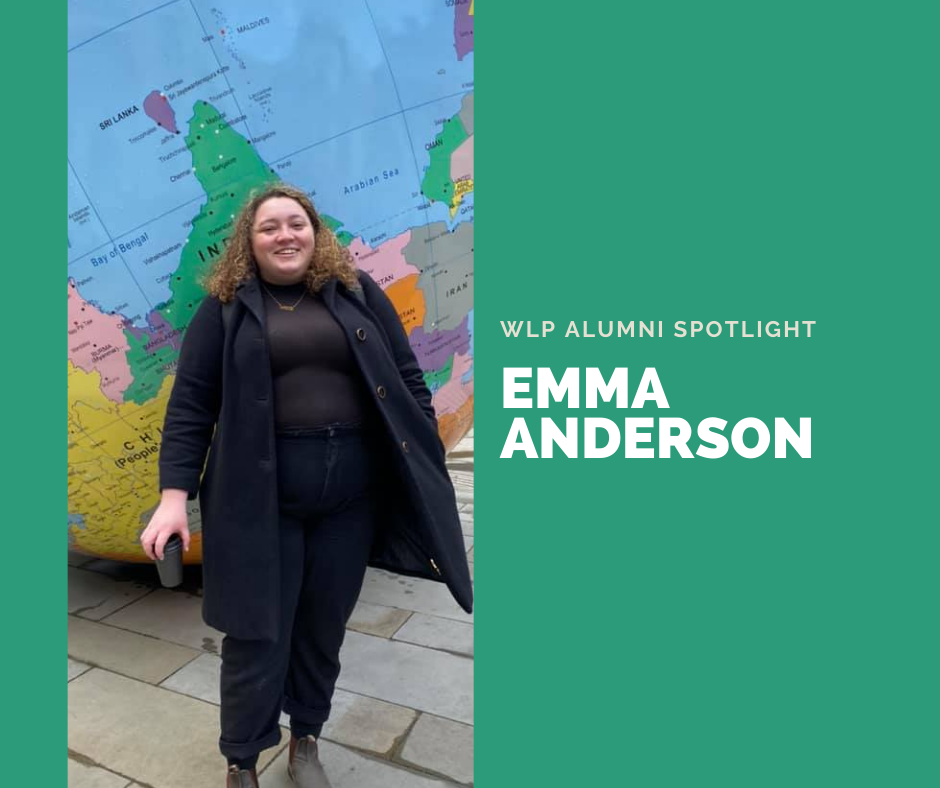In an interview, WLP class of 2016 alumni Emma Anderson discussed the challenges and strengths of her time in Nairobi, Kenya. Her time in the International Politics cohort allowed her to meet some of her best friends and make a number of unforgettable memories. She greatly appreciated her time in WLP, specifically recalling her love for the WLP classes, despite them being more difficult. She stated, “I felt like I learned more than my counterparts in Elliott”.
Emma graduated from GW in 2020 in the midst of COVID-19 and continued her academic career at the London School of Economics in 2021. During her undergraduate career, she visited Cape Town, South Africa and later studied abroad for a semester in Amman, Jordan. Emma’s time abroad exposed her to the world and furthered her interest in international affairs. To continue pursuing her passion, she moved to Nairobi in January of 2022 to work for the International Rescue Committee, where she writes grants and partakes in proposal development. Currently, Emmais working remotely from her home in Nairobi with plans to start going to the office in April 2022.
While living in Nairobi for several months, Anderson describes the city as “the D.C. of Africa” because of the international influence of the fast paced city. There, people all over the world are found, and one of four of the United Nations offices is in Nairobi. Despite these similarities, some differences Emma has had to adapt to include the high prices of cheese since Kenya does not produce cheese, along with a unique sense of security in Nairobi.
Anderson says that the transition of moving to Africa was not drastic, but it was eye opening to witness the false misconceptions that Americans have of Africa. Specifically, she says that “Americans have a dehumanized perspective of Africa”. She finds Nairobi a great place to live.
During her time in Cape Town, South Africa, Emma found the racial and power dynamic very interesting. She recalls that South Africa is considered the most unequal country in the world. Apartheid played a large role in polarizing races and cultures in South Africa, but even visiting the country in today’s age, she felt that the presence of colonization was very prominent. While there is still a long way to go, Emma Anderson was impressed by the efforts made to bridge the gaps and rebuild the shared space in South Africa.


